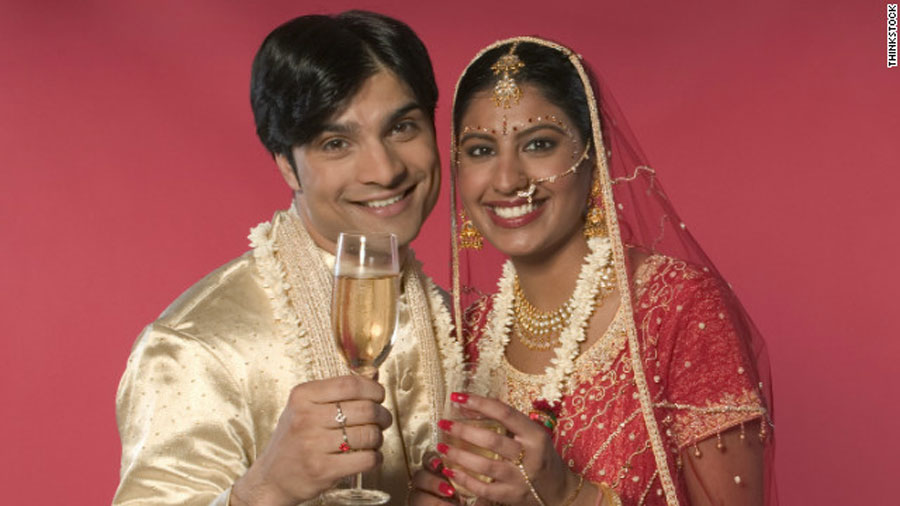


A lot of this translates into our lifestyles: many of us don’t eat meat because of our faith and live in “joint families” - where two to four generations share a house to reduce rent burden, split responsibilities, and take care of our family as they grow older. The majority of us have the same traditions and culture, speak the same language, and follow the same or similar religions (Jainism and Hinduism). Today, the community of Gujaratis in the diamond industry has settled in some of the world’s hub cities: L.A., New York, London, Antwerp, Nairobi, Johannesburg, Tel Aviv, Dubai, Mumbai, Hong Kong, and Singapore. As it was a trust-based industry, it became a family business that grew exponentially with globalization. My great-grandfather’s generation was also one of the first to pioneer and expand the trade that most of our community works in today diamonds (side note: it’s nowhere near as glamorous as it sounds). I come from a small village in Gujarat, India - my great-grandfather’s generation was the first to move from that village to bigger cities like Mumbai, and my grandfather’s generation was the first to move abroad. That being said, some historical context is needed to understand my specific culture and why this custom is so prevalent. However, the majority of my friends and relatives have been through the process - with the help of their parents, relatives, or external matchmakers - most have ended in a fairytale “happily ever after.” My name is Sana, I am a 26-year-old Belgian-born Indian woman, and this is the story of my experience with matchmade love.ĭisclaimer: I can only speak for my close network’s experiences, and my insights cannot be generalized to a wider public or diverse cultures.


 0 kommentar(er)
0 kommentar(er)
